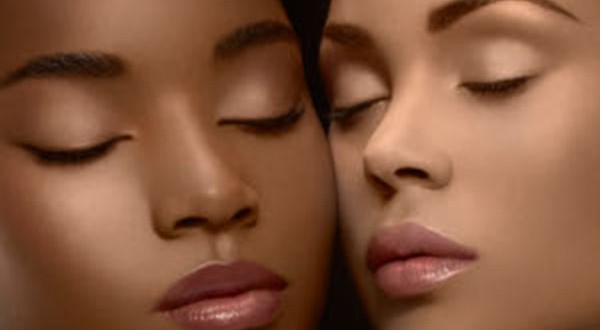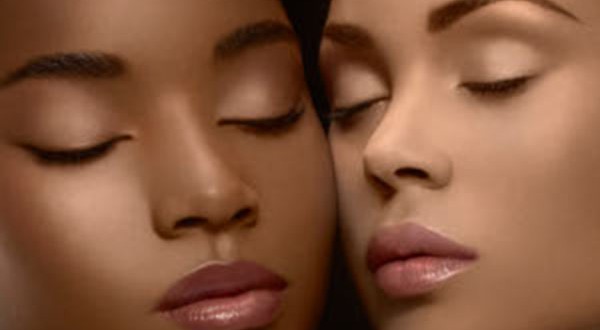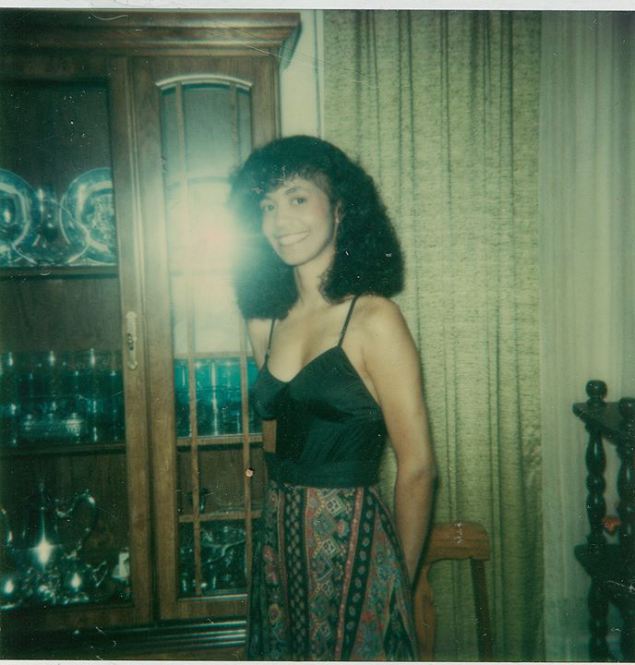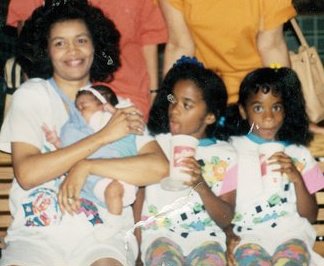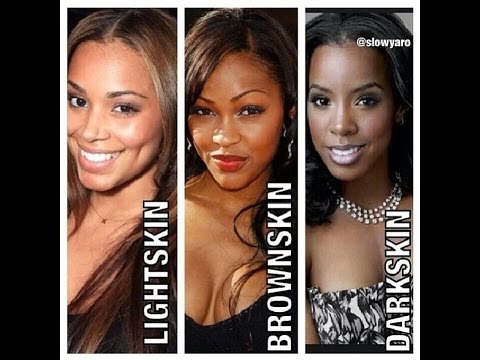Author: Ashley E.
The documentary Light Girls premiered last month on the OWN network. Light Girls is a follow up to Dark Girls which was released in 2011. Both documentaries focus on the topic of colorism, a type of discrimination or prejudice in which people are treated differently based on the complexion of their skin.
I attempted to watch Dark Girls a while back but after ten minutes of listening to women in tears talking about how they hated their dark skin and wanted to bathe in bleach to lighten their skin tone, I just couldn’t get into it. Maybe it was because I couldn’t relate to what the women were talking about. I’ve been referred to by some people as light skinned and I have also been referred to by some as dark skinned. When I look in the mirror I see a brown skinned woman and I like my complexion. I can’t recall a time when I desired to have lighter or darker skin. My mom has a very light complexion and my dad has a brown complexion but growing up we never discussed skin tone and I never questioned why my mom’s complexion was so much lighter than ours. I think I realized a lot of people had a hierarchy system when it came to skin tone from experiences outside of my home.
I remember an experience I had when I was younger during a family trip to Florida. We went to one of the outlet malls with my mom and I heard one of the white store associates telling her how pretty she was and asked her what was her ethnicity. My mom told her she was black and minutes later my sister and I walked up to my mom and she introduced us to the lady. The lady’s whole demeanor changed and she looked almost shocked that we were her children.
Even though skin tone was never really discussed in our home I do remember not wanting to get any darker than what I already was. When we would take family trips to the beach or if we played outside in the sun for a long time, the first question my siblings and I would ask each other was “Did I get darker?”
I even remember an argument between my twin sister and younger sister years ago about skin tones; my younger sister who was probably no more than 4 years old at the time was convinced that her and my mom were white. (My younger sister also has a lighter complexion like my mom). I remember my younger sister yelling that she and my mom were white and the rest of us were black and dark. The question is that at that young age where did she get that mindset from? Why did my siblings and I not want to get any darker? Where did that thinking come from if it wasn’t discussed in our home?
My mom in her younger days
My mom, younger sister, and me and my twin sister
Light Girls touched on slavery briefly and discussed how colorism is a byproduct of slavery. During that time period many of the slave masters would rape the slave women and some would get pregnant and have mixed children. Even though the children would have lighter complexions and some could pass for white, they would still be considered slaves but just had more privileges than the darker slaves. The lighter slaves would sometimes be referred to as the “house slaves” because they were allowed to work inside versus some of the darker slaves that were only allowed to work in the fields. Many of the mixed slaves weren’t accepted by the darker slaves because they felt they thought they were better. The mixed slaves weren’t accepted by the whites either because they were still viewed as black.
In Light Girls many of the women (mainly celebrities) spoke about their experiences of growing up with a lighter complexion and how they were sometimes bullied by other black women for having a certain hair texture and lighter skin. Some of the women discussed how they were misjudged a lot and referred to as stuck up because of their appearance.
A few men gave their opinions in the documentary as well. One of the guys in the documentary made a comment that rubbed me the wrong way. He said that women with lighter complexions were viewed as trophies regardless of how attractive they were. In his opinion by default a woman with lighter skin looked better on his arm compared to a darker woman because of the image. Another guy in the documentary who was a comedian said darker women were easier to deal with compared to women with lighter complexions. He said a woman with a lighter complexion had more demands and expected better treatment compared to a darker woman who demanded less. I really hope this man was being funny and not serious!
Two comments that irk me the most is hearing a black man say “you’re pretty for a dark girl” and “I’m normally not attracted to darker women.” It just rubs me the wrong way and I’m automatically turned off from a man that utters those words. Why can’t a man just find a woman beautiful or attractive without mentioning her skin tone? I have even held conversations with people that have said they don’t want to have kids with someone with a dark complexion out of fear that their child will come out too dark skinned.
Actress Tatyana Ali made an appearance in the documentary and critics attacked her for not being light skinned enough. She discussed how some people would automatically assume she was mixed because of the length and texture of her hair. I have even been asked if I was mixed before because of the length of my hair; it had nothing to do with my complexion. If a black woman has a feature that is any way associated with European descent, their ethnicity is questioned because for whatever reason it is assumed that a black woman can’t naturally have that particular attribute.
I think it is really sad that after everything blacks had to endure during slavery we turn around and discriminate against each other because of our skin tones. Documentaries like Light Girls and Dark Girls are needed because it is bringing attention to an issue that needs to be discussed more in the black community.
